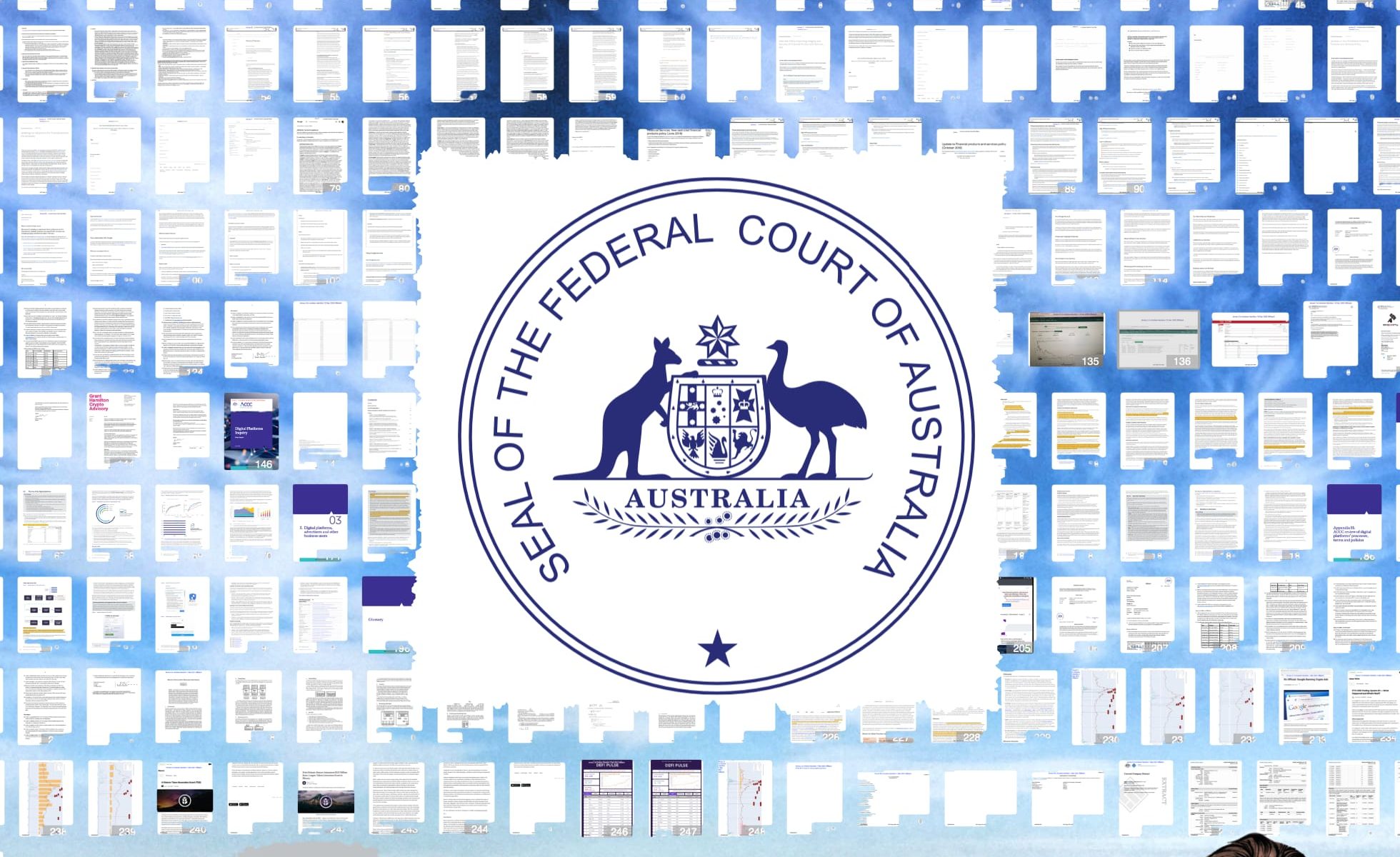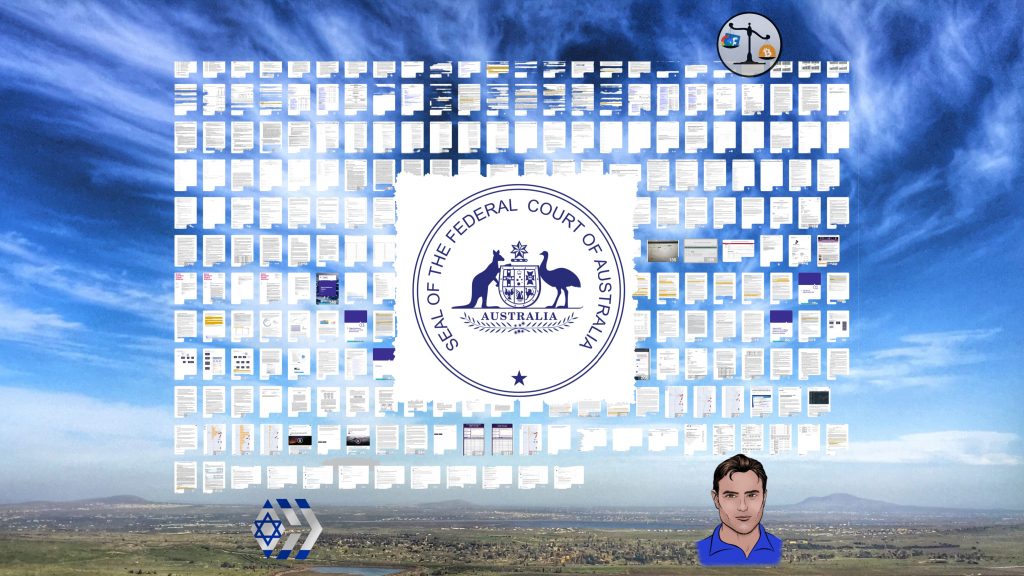We’re definitely overdue for an update on the JPBLiberty case over the Crypto Advertising ban. The last update I gave was when Maxine Waters mentioned the ad ban while questioning Mark Zuckerberg in her Financial Services Committee in the US House of Congress.
Some news broke today in Australia concerning how class action cases can be funded. This concerns a part of Australian law related to “common fund orders”. The short answer is, this is positive for our case because we were never going to rely on a common fund order, while other cases competing for funding were.
Here’s the report:
The High Court has queried the legality of court orders requiring members of class actions to pay litigation funders even if they aren’t part of a funding agreement.
The key issue in the cases brought by Westpac and BMW is whether the Federal Court of Australia and NSW Supreme Court were empowered to make what is known as a “common fund order”.
BMW challenged an order by the NSW Supreme Court requiring anyone receiving a payout from a class action over faulty airbags to provide 25 per cent of the money to litigation funder Regency Funding for bankrolling the court case.
The High Court found by a majority neither the laws relating to the Federal Court nor the NSW Civil Procedures Act empower a court to make a common fund order.
“It is not appropriate or necessary to ensure that justice is done in a representative proceeding for a court to promote the prosecution of the proceeding by the making of a CFO,” the judgment said.
Norton Rose Fulbright disputes practice leader Cameron Harvey said the decision was a significant setback for the business of litigation funding and plaintiff law firms operating in Australia.
Court strikes blow to class action funding – News.com.au
For our case, we quickly decided not to look for a common fund order because it was unneccessary and less economic than signing up claimaints directly given the scale of damages available. Also our libertarian outlook didn’t like the idea of forcing people who hadn’t signed up for a case to contribute to it.
Instead JPBLiberty went down the far harder path of gathering signatures on a real funding agreement (which many of my readers have signed) rather than relying on taking 25% after the settlement from people who did not consciously join the suit before we fought it.
If anything this is good for us because it means OUR case is stronger in comparison to other Aussie cases that were relying on Common Fund orders.
Beyond that, the news is that we are working on some very comprehensive legal opinions and work to bolster the case and secure the funding necessary. It’s hard to give more details about these steps right now as this needs to be carried out confidentially at this stage.
As ever, we’re always looking for more people to join our suit so if you had any kind of crypto currency holding or a stake in any related blockchain business, please check out the website and see if you can sign up. If you want to talk about a significant contribution to funding the case, we are open to any new approaches.













You must be logged in to post a comment.